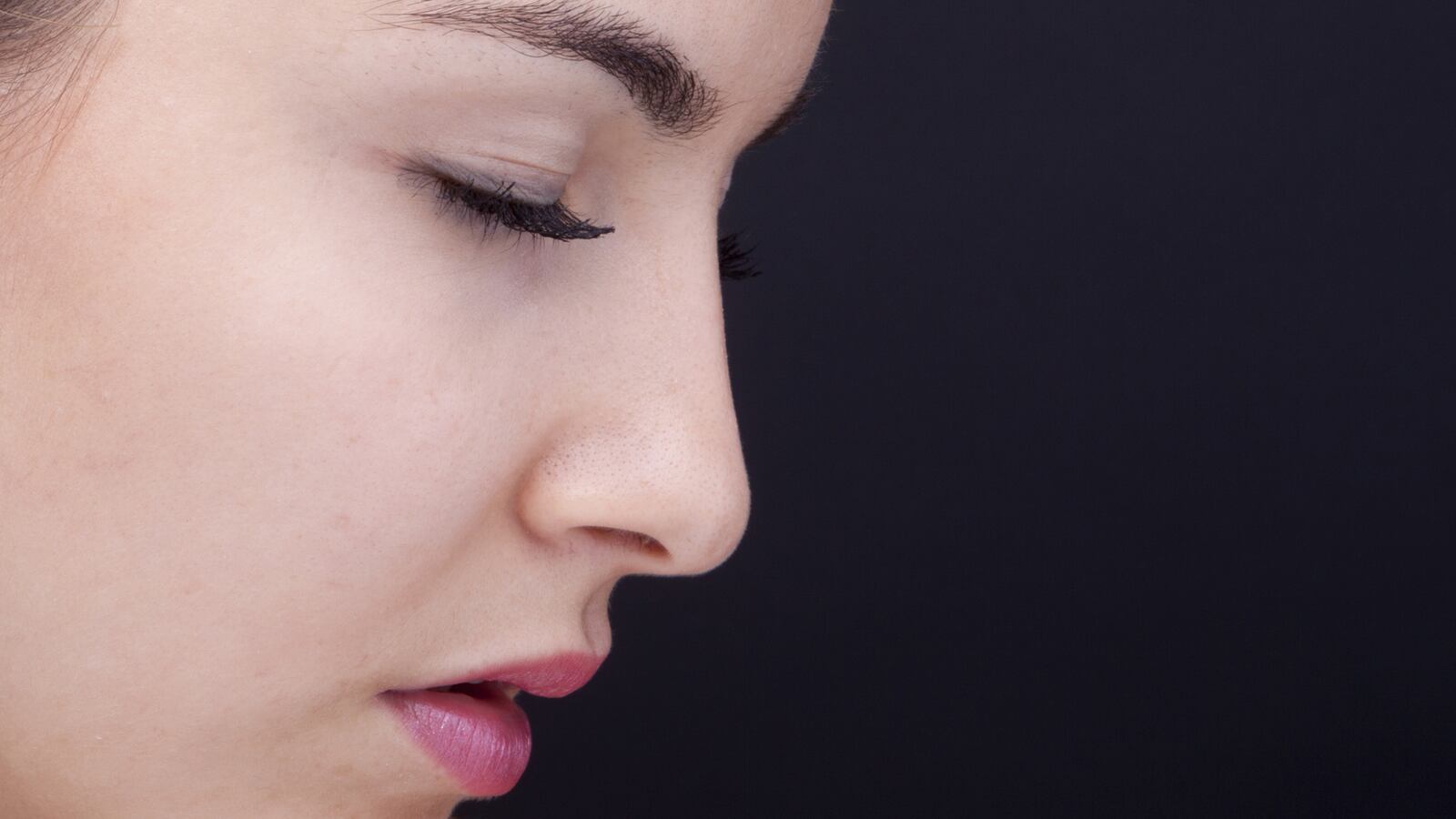How is beauty defined? What pressures do women face when trying to live up to these definitions and established standards? A Facebook page called “Iranian Women Up Close” has taken on these questions and concerns, offering a place for Iranian women to debate the concept of beauty and share their experiences.
Recently, the page’s administrators sent out an unusual call. Responding to the huge trend for cosmetic surgery among Iranian women—and Tehran’s reputation as the “nose job capital of the world”—they launched “Pictures of my Natural Nose,” asking women to post photographs of their noses as a protest against a certain definition of beauty.
We talked to Maryam, one of the founders and administrators of “Iranian Women Up Close,” about the inspiration behind the campaign and what she discovered.
Why did the campaign come about?
Little by little, there has been a decline in the variety of tastes and preferences. It has been said that the “culture industry” makes decisions about the appearance of the masses. “Beauty” has been reduced to certain clichés for all, even on an international scale.
Where do these clichés came from?
The issue is not limited to nose jobs. At some point, “wide eyes” became popular in Japan. In Malaysia, all kinds of skin-whitening creams are popular. A certain “hegemonic,” “standardized” and “normalized” look is promoted throughout the media, in line with the interests of the cosmetics industry.
It’s not surprising that Tehran has come to be known as the “nose job” capital of the world. Why does this eagerness for cosmetic surgery and for changing one’s appearance exist in Iran? How much of it comes from within and not from the pressures of the environment and the conventions that I mentioned?
That’s why we decided to put the question to our readers—to encourage them to participate in the discourse.
How was it received?
We did not expect such large numbers of people to like and follow the page. We received many photographs each day, with intense discussions about the photos taking place in the comments below, both for and against. Of course, our goal was not to issue a verdict against cosmetic surgery or to draw a line between those who have done it and those who have not, though some people have suggested that this is what we were trying to do.
So there were negative reactions as well?
Yes. In general, the critics believed that the idea “yielded to a male narrative that reduces a woman to her nose and makes fun of her.” One blogger worried that what we were doing was reproducing the discourse of violence and humiliation. This idea of good “us” versus bad “them” was certainly not our intention. Our intention was for the individual to be free of external pressures and the impositions of society; that the individual could stand up against ideas that force her to yield to a certain definition of beauty and a certain choice.
But most of the photographs are of well-proportioned noses.
Yes. Some of those who sent pictures have natural noses that fit with the so-called perceived “standards” and do not “need” surgery. But I emphasize that our intention was not to draw lines.
Does the fact that you object to conventional standards and to all the trouble that women go through to become more beautiful mean that you are against any kind of manipulation of physical characteristics?
We believe that people should be able to decide freely and knowingly, even if they want to make themselves “ugly” by collective standards. Through private messages or public postings, many Facebook friends have complained about jokes and ridicule about their noses—these comments have sent them to the operating room, contradicting their own desires.
Many have also correctly pointed out that nose jobs have become popular among men as well. But considering the subject matter of the page, we decided to focus on women. Why has a certain definition of beauty become de rigueur, a “need,” for women? How does a feeling of having “shortcomings” get created, or inflated, growing into a feeling of “need”?
How many photographs of “natural noses” have you received so far?
Up to now about 300 people have shared their pictures, but even more hundreds have contacted us to express their support.
So you look at the question of human beauty from the viewpoint of absolute freedom of choice?
We believe that we must respect different faces and we must not humiliate anybody because her face does not conform to “standards.” In this way, we are trying to help expand the space for real decision-making by people, including decisions about how they look.
This story is adapted from one that appeared originally on IranWire.





